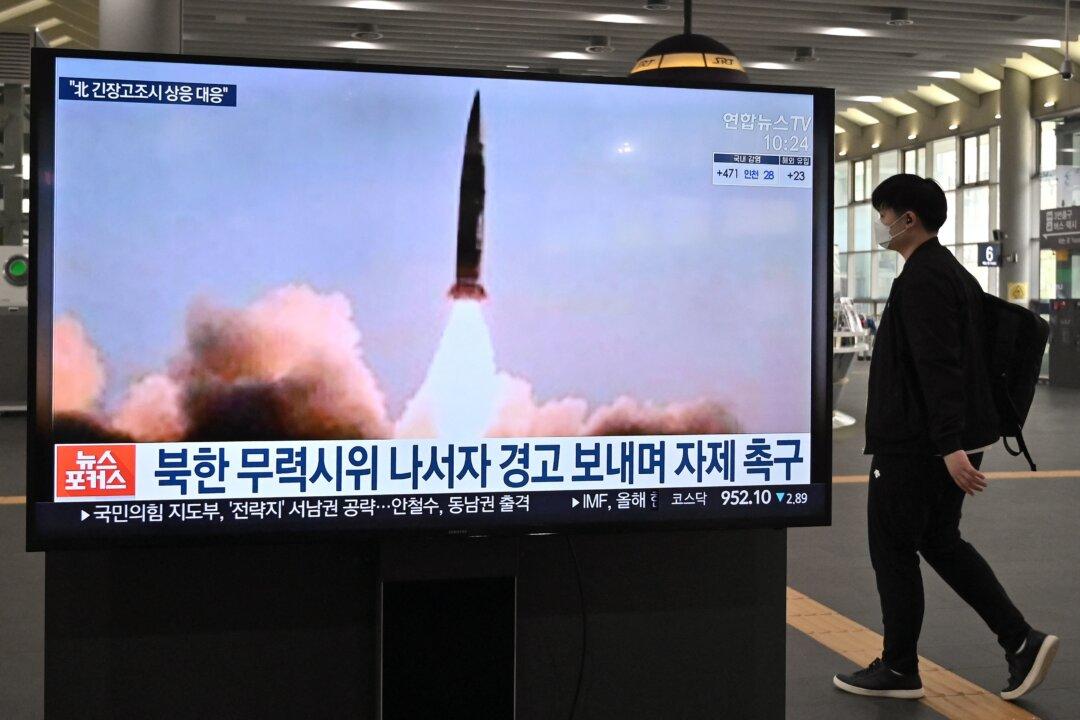Commentary
North Korea said on Sept. 13 that it had launched new long-range cruise missiles. These missiles can likely carry nuclear weapons. The missile tests were the Democratic People’s Republic of Korea (DPRK)’s first since March, and highlight the continued danger that China, Russia, and their totalitarian ally, North Korea, hold for truly democratic countries in Japan, South Korea, Australia, and the United States.





